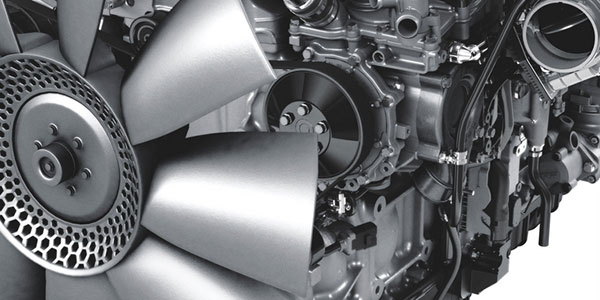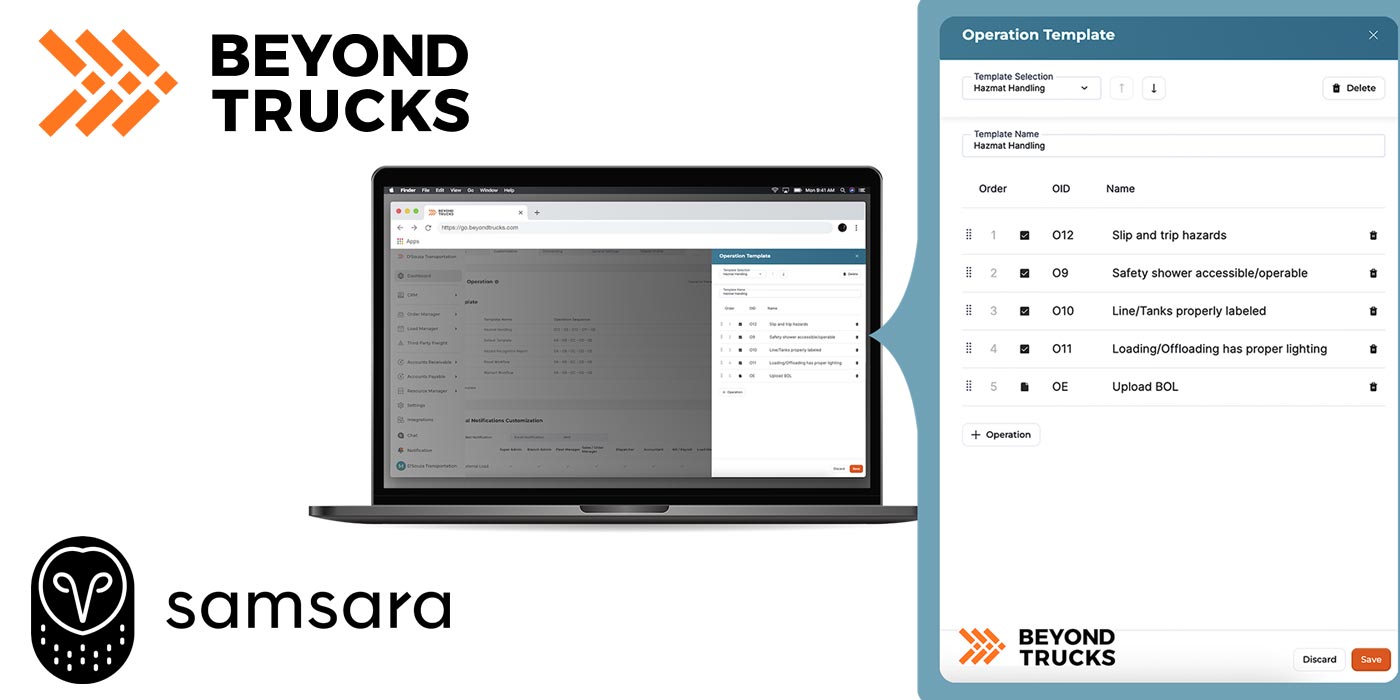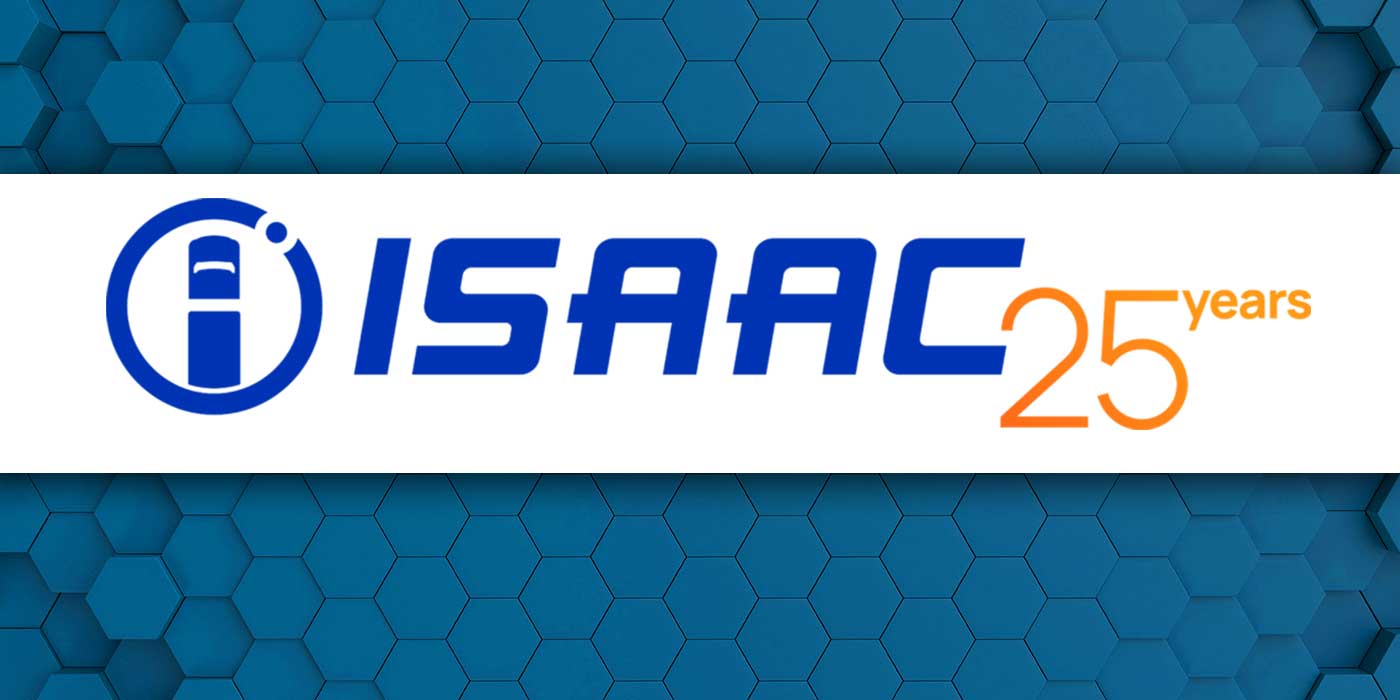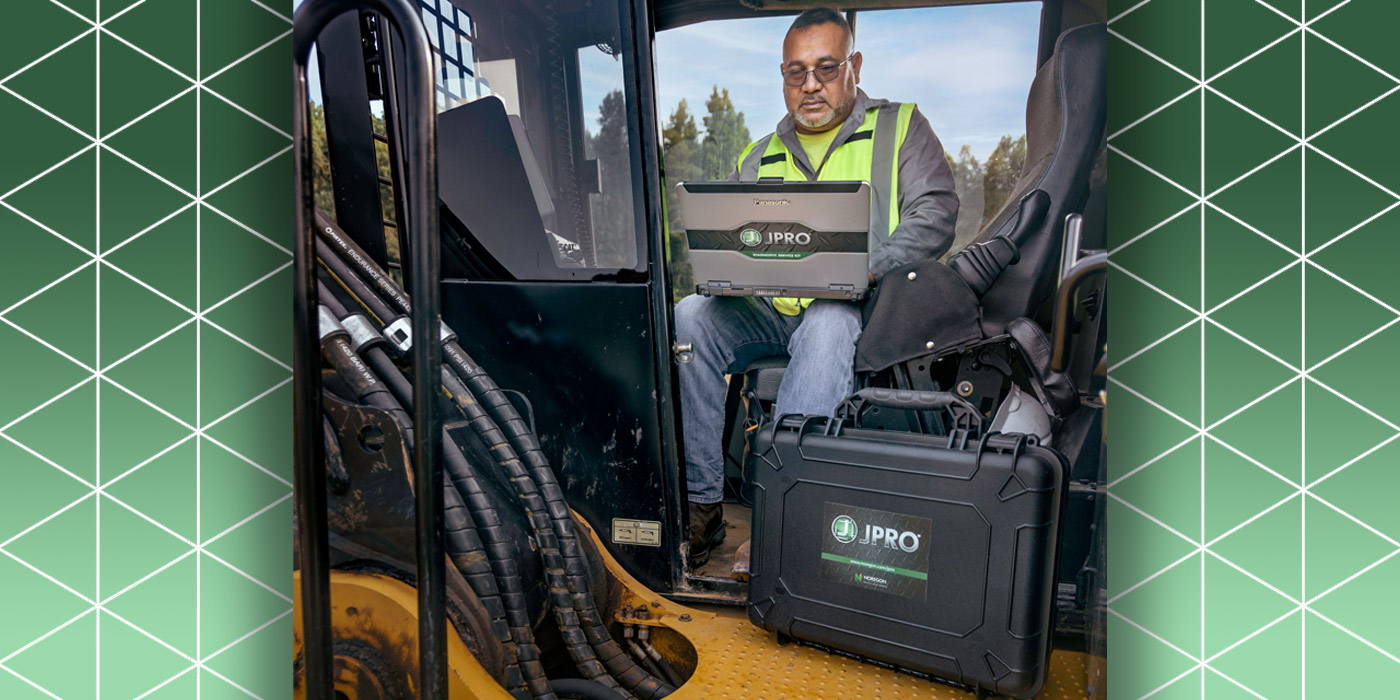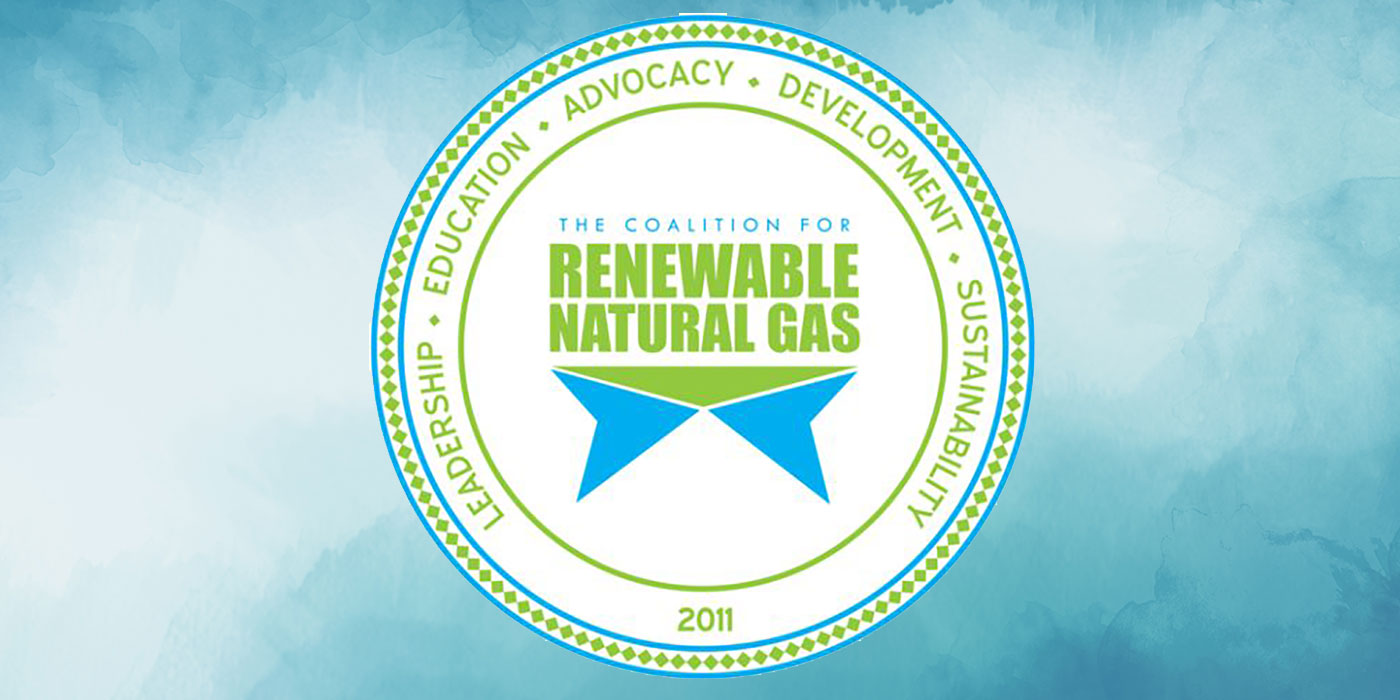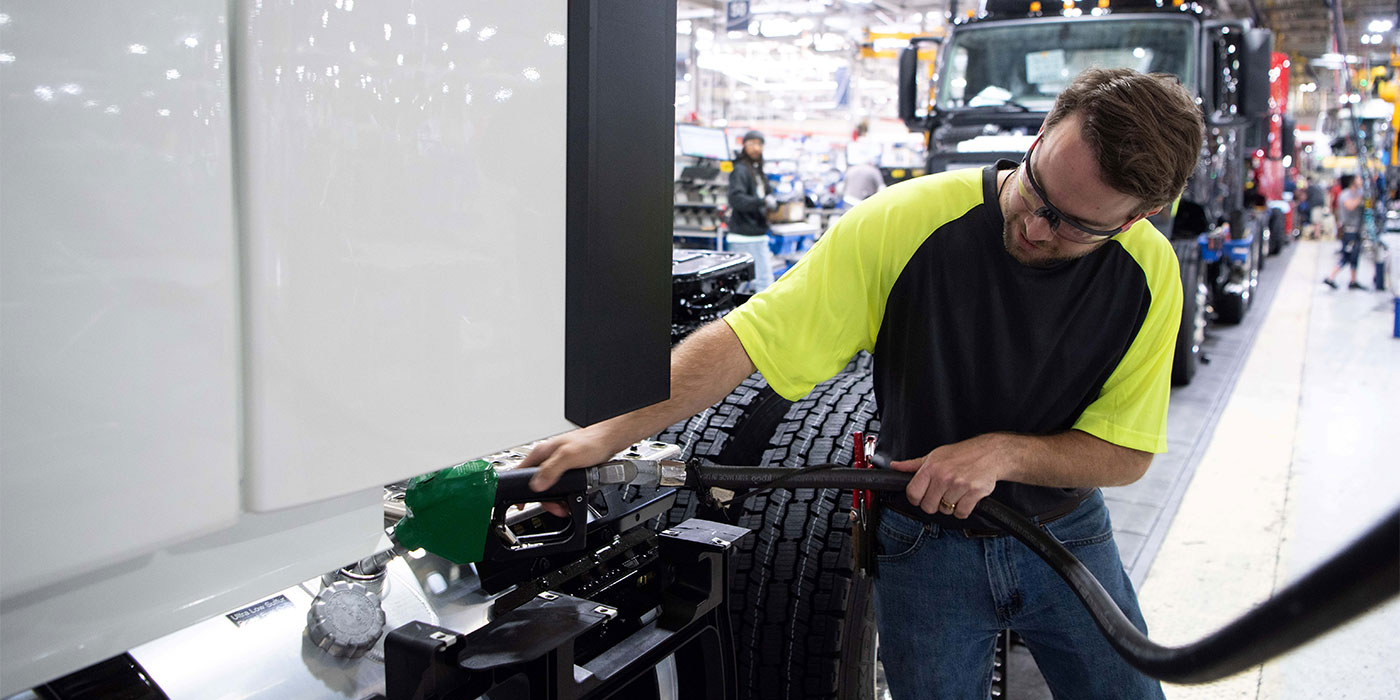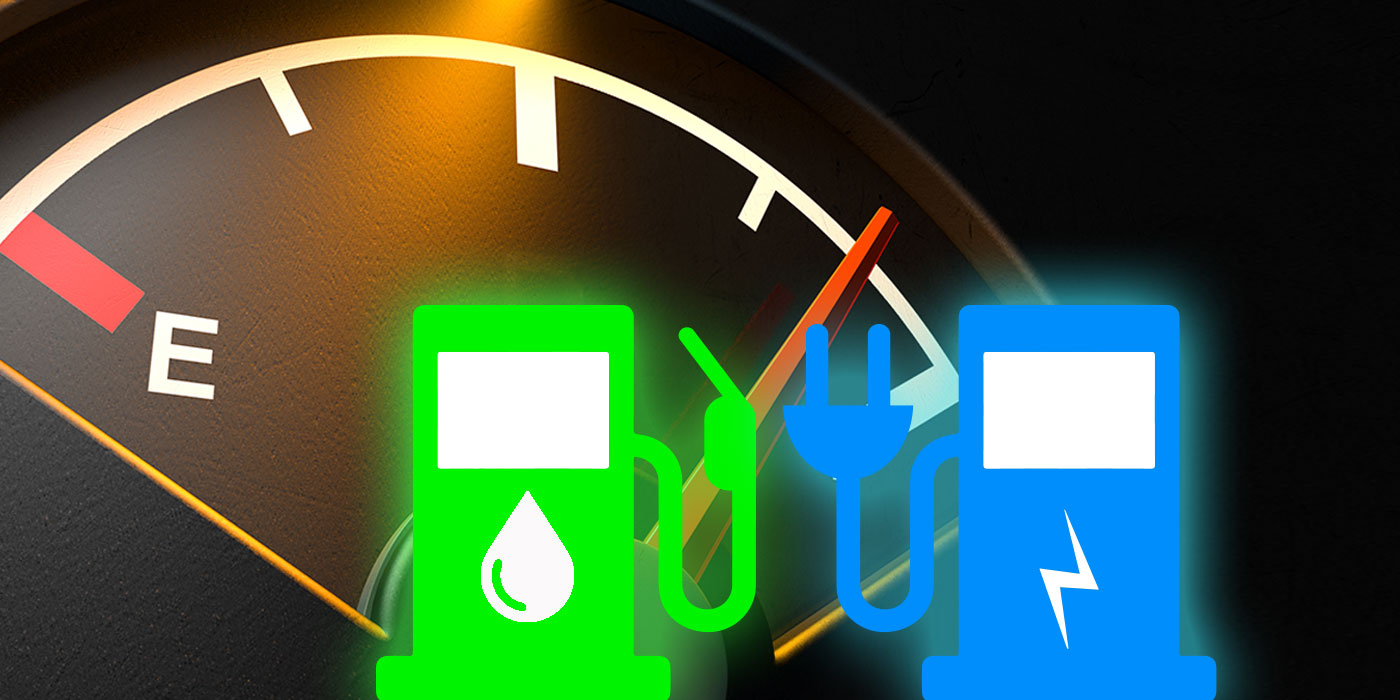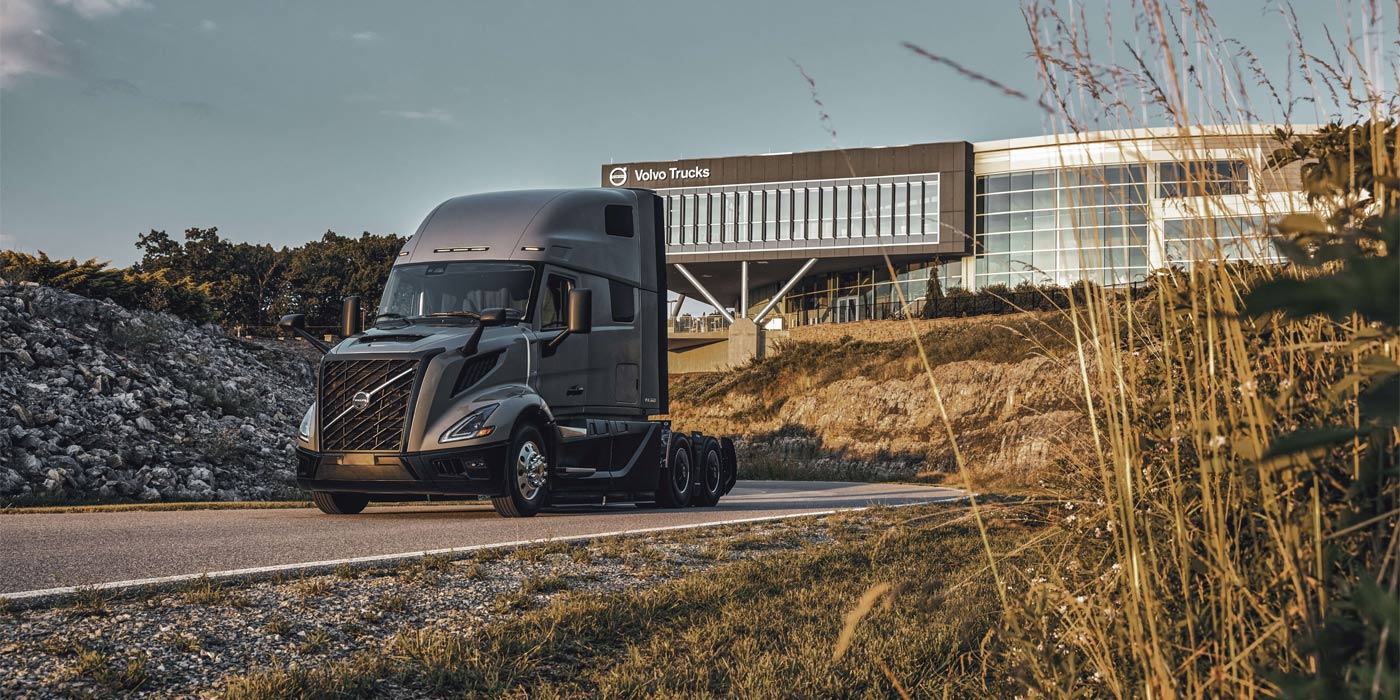Modern commercial vehicles have made incredible strides in fuel efficiency and emissions reductions, and continuing innovation, research and regulation is anticipated to deliver even greater savings in coming years, according to regulators, industry leaders, and vehicle, engine and fuel manufacturers heard recently at the SAE Government/Industry Meeting in Washington, D.C.
During a two-part session titled “Driving Efficiencies in Freight Trucks: Vehicles, Technologies, Policies and Fuels,” attendees heard from representatives of Cummins Inc., Neste, Volvo Group North America, the Truck & Engine Manufacturers Association (EMA), The Fuels Institute, Eaton and Northeast States for Coordinated Air Use Management (NESCAUM), as well as the U.S. Environmental Protection Agency (EPA) and the California Air Resources Board (CARB), about the technologies, fuels and policies driving the future design, fuels and powertrains for tomorrow’s commercial trucks. The sessions were co-organized by the EPA, the U.S. Department of Energy (DOE) and the Diesel Technology Forum, and moderated by the Forum’s executive director Allen Schaeffer.
“Diesel engines are the prime technology powering the majority of commercial vehicles in the United States today,” said Schaeffer. “Considering what we heard at this session, the next steps in engine emissions regulation and greenhouse gas emissions compliance, and the opportunity with advanced renewable biofuels, diesel engines already have one foot solidly in the future, and will be joined there by more fuels and technology choices to meet the needs of the customer, whatever they may be.”
Currently, 36% of all commercial diesel trucks on U.S. roads are powered by the newest generation of diesel technologies (MY 2011 and newer), up from just 30% in 2016 and 25.7% in 2015. These advanced-generation diesel technologies deliver key benefits, especially in terms of cleaner air and fuel savings, and are responsible for significant reductions in ozone precursors and ensure continued success in achieving national ambient air quality standards across the nation. According to research by the Forum, a new-technology Class 8 diesel truck will save 960 gal. of fuel, saving truckers $3,300 in fuel costs. These newest trucks also offer significant clean air benefits: nitrogen oxide (NOx) emissions that are 99 percent lower than previous generations, along with 98 percent fewer emissions of particulate matter.
Session Highlights
Participants from CARB and EPA discussed work underway on future heavy-duty nitrogen oxide emissions, with the anticipated announcement of an EPA proposed rule in 2020. Further along in its regulatory development phase, CARB anticipates earlier consideration of a proposed rule.
Representatives from EMA highlighted lessons learned over the course of previous engine emissions standards and current greenhouse gas emissions standards, including the importance of adequate lead time. EMA also outlined the opportunity for a new paradigm in compliance with the development of the new standard.
Volvo Group North America highlighted its work to provide technology that delivers ongoing improvements in diesel technology, including research work with the DOE SuperTruck program that has demonstrated an 11% increase in vehicle efficiency over existing technology, and achieved more than 12 MPG and an 88% increase in freight efficiency in a Class 8 diesel truck. Utilizing some strategies that have evolved from the SuperTruck program, Volvo trucks reported a 70% increase in fuel efficiency today over a comparable product from model-year 2009.
Neste highlighted the various environmental and climate benefits of renewable diesel fuel, as well as the ease of transition to using this fuel. Presently, existing low-carbon fuels policy in California as well as developing renewable fuels policies in Oregon and Washington are driving the expanded introduction of renewable diesel fuels in the United States.
Cummins highlighted the future potential of electrified power alongside diesel, natural gas and hydrogen, focusing on matching the technology with the needs of the customer. Cummins’ representative identified cities and certain applications where electrified power makes increasing sense, but also noted that for the long-haul and heavy-duty applications, diesel power will remain dominant for decades to come.

